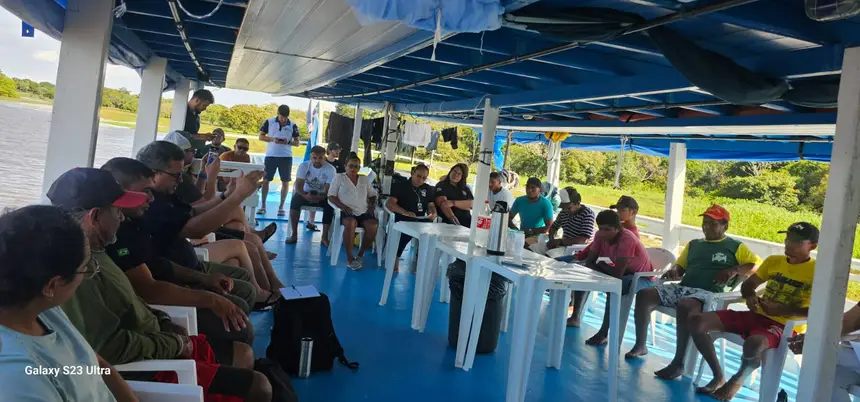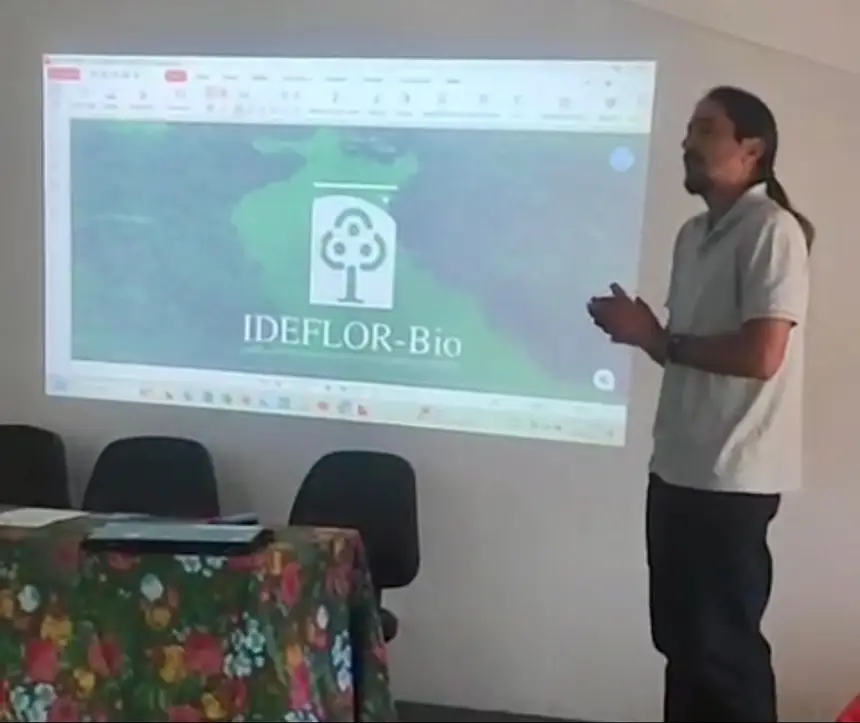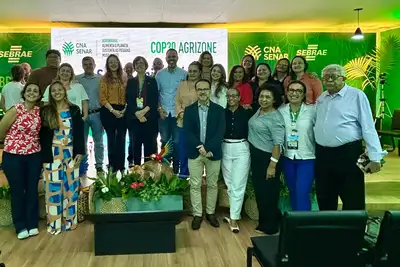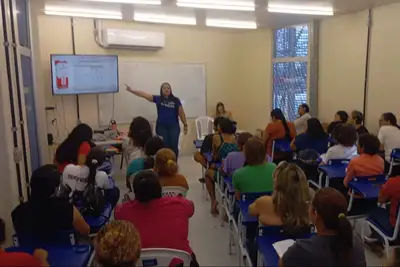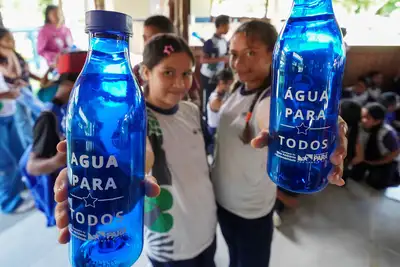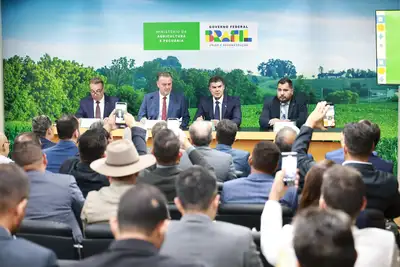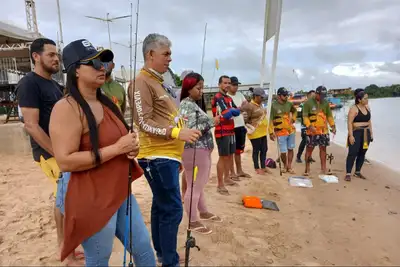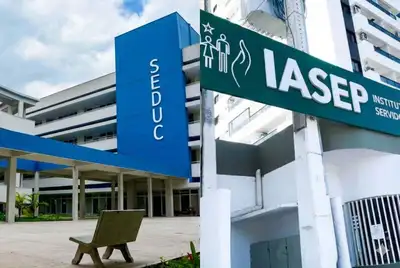Lake Grande de Monte Alegre integrates project for the conservation of Amazon waters
Initiative focuses on the production of applied science and cooperation between academia, public authorities, and local communities for the sustainable use of water resources
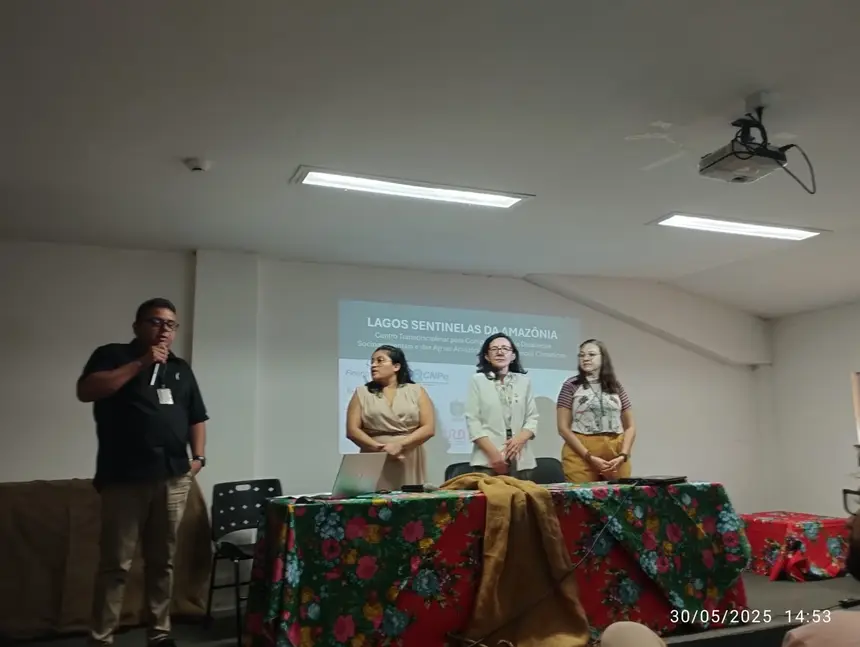
Lake Grande de Monte Alegre, located in western Pará, is one of the five strategic territories included in the national project Lakes Sentinels of the Amazon. The action seeks to understand and preserve the socio-environmental dynamics and water resources of the Amazon region in light of the impacts of climate change.
The initiative brings together 16 national and international institutions, coordinated by the Mamirauá Sustainable Development Institute (IDSM) and locally operated by the Federal University of Western Pará (Ufopa), in partnership with the Pará Institute of Forest Development and Biodiversity (Ideflor-Bio).
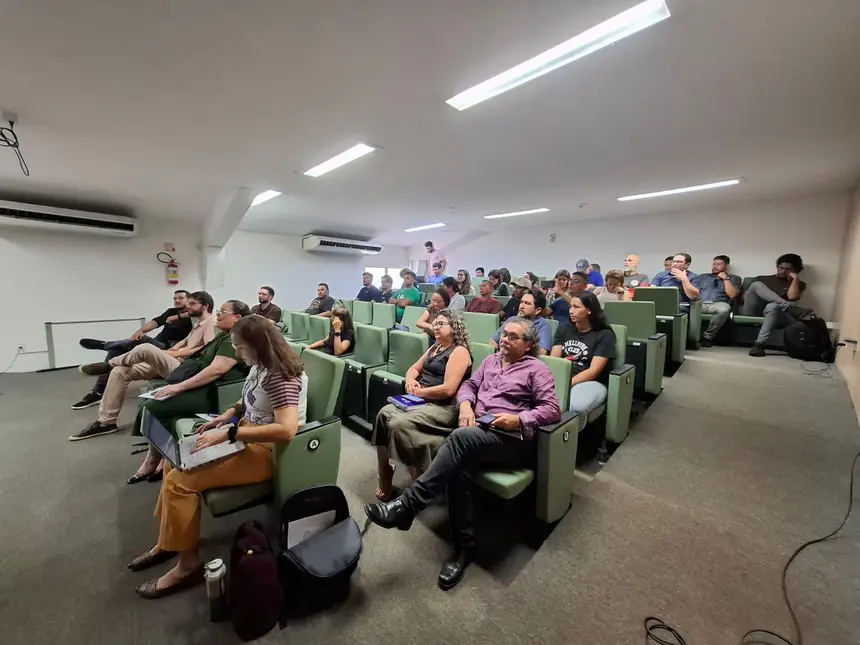
The project primarily focuses on the production of applied science, strengthening cooperation between academia, public authorities, and local communities, and building strategies for the sustainable use of Amazon waters.
According to the local project coordinator at Ufopa, Professor Dr. José Reinaldo Pacheco Peleja, the action represents "an important step towards strengthening collaborative science and sustainable management of water resources in the Amazon."
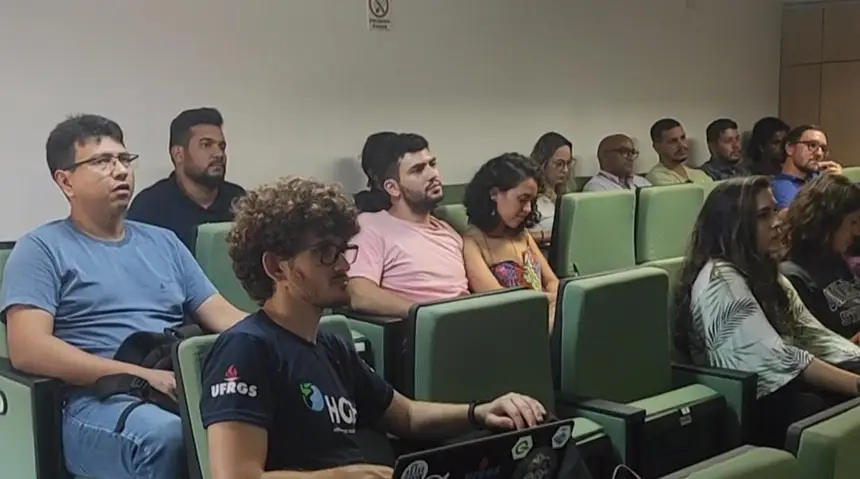
In addition to Lake Grande de Monte Alegre, the lakes of Tefé (AM), Coari (AM), Janauacá (AM), and Lago do Serpa (AM) will be monitored, each with coordination assigned to educational and research institutions in the region. The presence of Lake Grande in this set reinforces the prominence of the Conservation Units of the Northern Channel in the country's environmental agenda, highlighting the ecological, social, and cultural importance of the region.
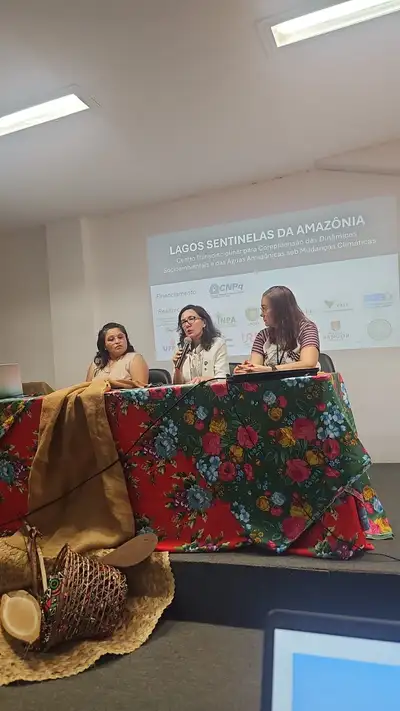
Ideflor-Bio, through the Northern Channel Regional Management I (GRCNI), participated in the project alignment meeting alongside scientific institutions and representatives of local communities. The meeting aimed to present the program's guidelines, build joint strategies, and ensure qualified listening to the populations that live and depend on the Amazon lakes.
The official launch of the project took place in Santarém, during a workshop promoted by Ufopa at the auditorium of the Technological Center for Bioactive Compounds (NTB). The proposal has the support of various social actors to consolidate a transdisciplinary network focused on research and conservation of the continental waters of the Amazon, in response to climate and socioeconomic pressures on these ecosystems.
For the head of the Northern Channel Regional Management, Itajury Kishi, the presence of Ideflor-Bio in the project reaffirms the institution's commitment to the integrated and participatory management of natural resources. "Lake Grande represents not only an area of ecological wealth but also a space of life and resistance for local populations. The union between science, communities, and public authorities is essential to ensure a sustainable future for the region," he stated.
Text with collaboration from Michele Lucas / Ideflor-Bio


